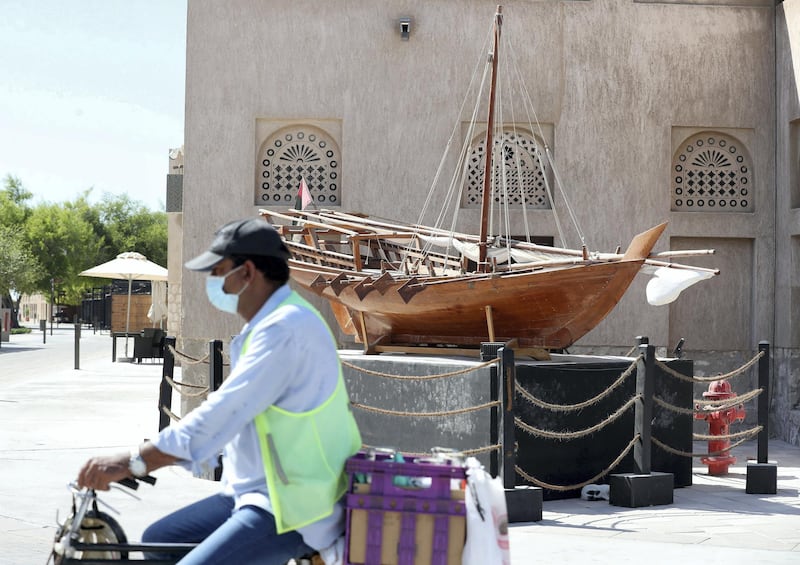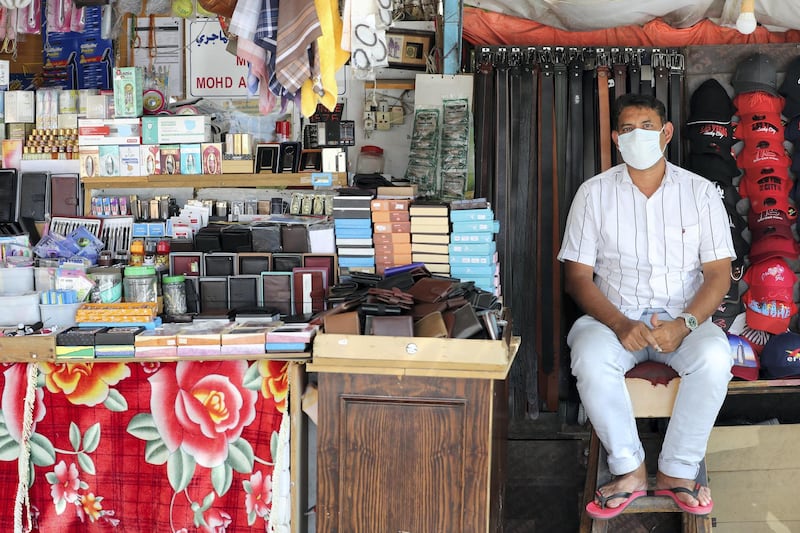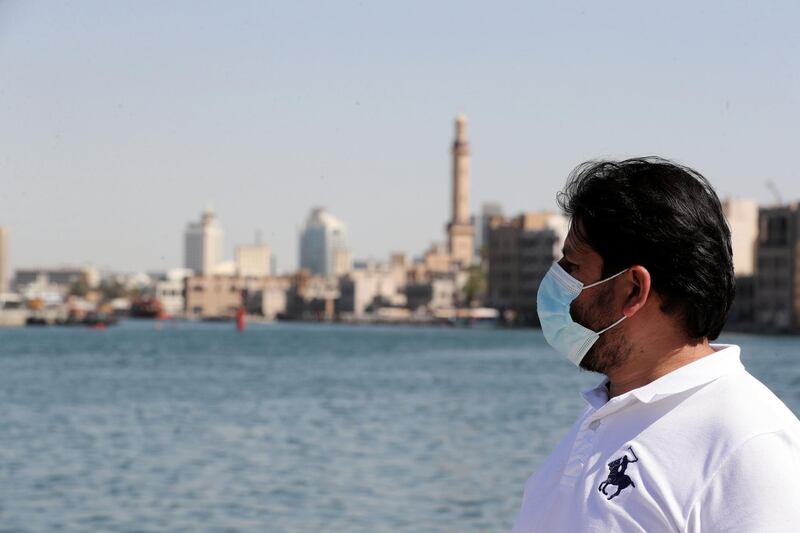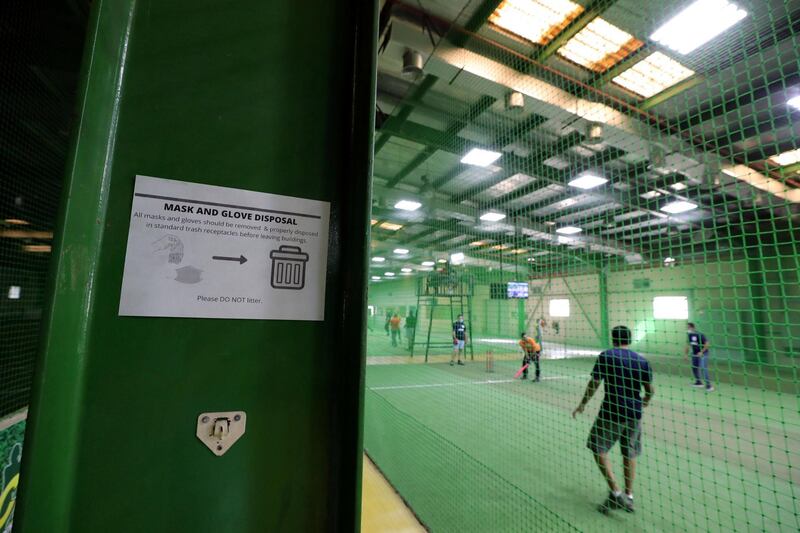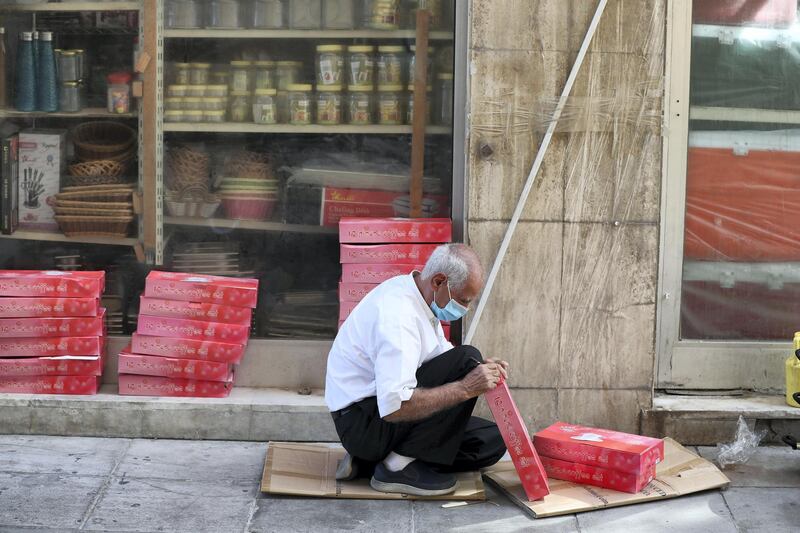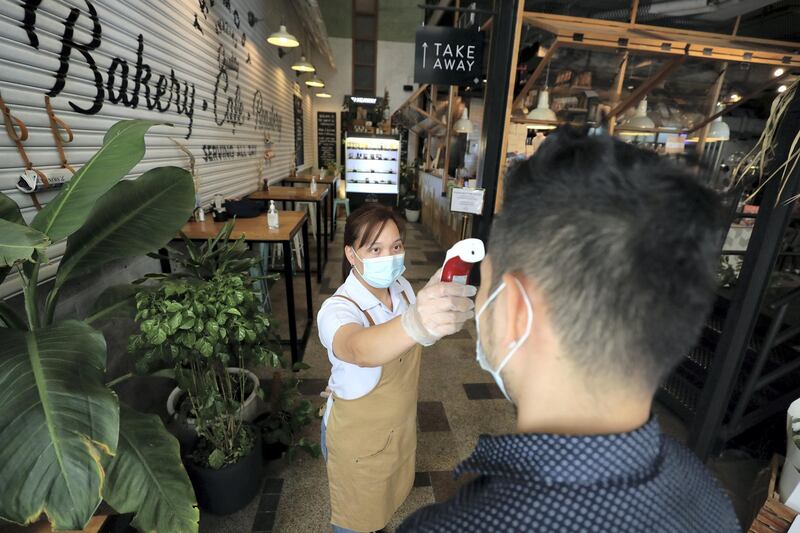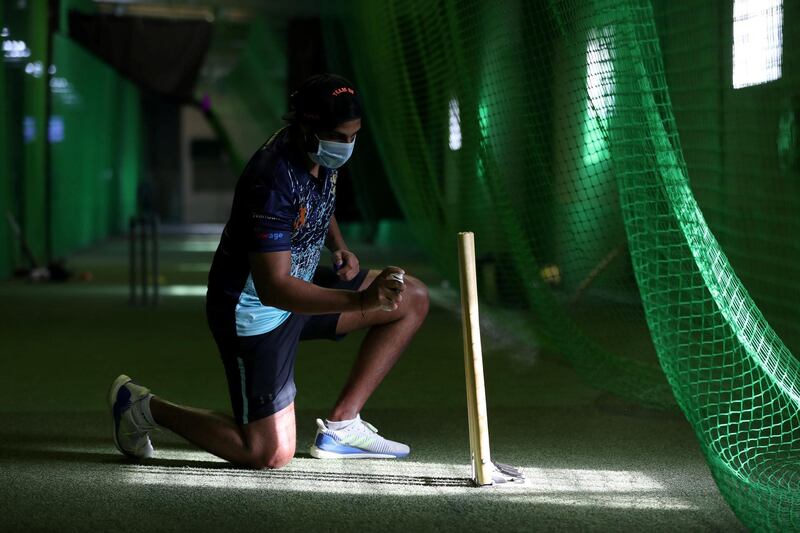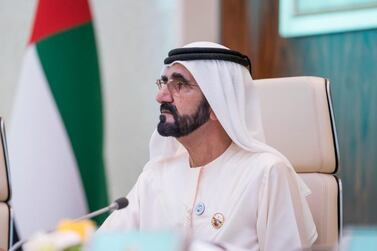Dubai has launched an economic stimulus package worth Dh500 million to support the local economy, bringing the total value of stimulus packages launched by the emirate this year to Dh6.8 billion
“We are aware of the great challenges that the pandemic has imposed on various economic sectors around the world, and our goal is to overcome all these challenges and accelerate recovery and establish a new phase of economic growth,” Sheikh Hamdan bin Mohammed, Crown Prince of Dubai, wrote on Twitter.
The private sector is a major partner in Dubai’s development process, he said.
Under @HHShkMohd’s directives, we announce a AED500 million stimulus package to support the local economy, bringing the total worth of stimulus packages announced this year to AED6.8 billion. pic.twitter.com/X4YCmU5X0e
— Hamdan bin Mohammed (@HamdanMohammed) October 24, 2020
“We have adopted a set of new exemptions for some fees and a reduction in rents for some sectors, as well as an extension of the validity of a previous set of exemptions from fees,” he said.
Dubai’s economy has faced challenges as a number of industries including tourism, trade and real estate slowed after restrictions on movements were put in place to stop the spread of Covid-19.
However, economic activity is now picking up. Dubai’s purchasing managers’ index climbed further above the neutral 50 mark for a third consecutive month in September to hit 51.5, according to IHS Markit PMI data released this month. A reading above the 50-mark is an indicator that the emirate’s non-oil private sector economy is expanding, while anything below 50 indicates a contraction.
According to the new stimulus, all companies registered with the Dubai Municipality will get an advertising permit fee exemption for three months. Nurseries, clinics and healthcare professionals will also get a six-month licence extension.
Nurseries can get a 50 per cent reduction in rents from the Knowledge Fund Establishment and also benefit from a licence renewal exemption. Meanwhile, taxi operators will also benefit from a reduction in concession fee.
The new measures are valid until the end of the year, Sheikh Hamdan tweeted.
The Dubai government has also extended the validity of some fee exemptions announced earlier in the year. All penalties related to government registrations continue to be waived and market fees for all sectors continue to be frozen.
Permit fees for the retail sector will remain frozen until the end of November while all government fees on ticket sales and permits for entertainment and business events will also remain frozen, Sheikh Hamdan said.
Dubai introduced its first economic stimulus worth Dh1.5bn to support companies affected by the Covid-19 pandemic on March 12 to protect businesses, especially in tourism, retail, external trade and logistics services. Measures at the time included a freeze on the 2.5 per cent market fees for all facilities operating in Dubai, a refund of 20 per cent on customs fees imposed on imported products sold locally and a 10 per cent cut to water and electricity bills.
The private sector is a major partner in Dubai's continued progress. We have now approved a fresh set of fee exemptions and rent reductions for some sectors, as well as an extension on the validity of a previous set of fee exemptions.
— Hamdan bin Mohammed (@HamdanMohammed) October 24, 2020
A second package worth Dh3.3bn followed on March 29 was followed by another one worth Dh1.5b on July 11.
The UAE aims to be the fastest recovered economy in the world from the Covid-19 crisis, Sheikh Mohammed bin Rashid, Vice President and Ruler of Dubai, said in August.
Recovery from the impact of Covid-19 is the top priority for the country’s economy in the short term, but long-term plans will make it the most stable and diversified, Sheikh Mohammed said.
The UAE was the first in the Middle East and North Africa region to introduce economic stimulus measures, including zero interest funding to banks to boost lending growth. It also unveiled initiatives such as discounted utility bills and fee waivers.
The UAE last week updated the country's bankruptcy law to help businesses deal with financial crises in "emergency situations". The new amendments will help cash-strapped debtors avoid declaring bankruptcy and, instead, opt for reaching a settlement with their creditors and negotiate debt restructuring.
The UAE's Ministry of Economy is also focusing on implementing 33 initiatives to boost its business competitiveness. The 33 initiatives announced in August focus on the development of trade, green economy and food security, as well as finance, energy and health sectors, among others.
